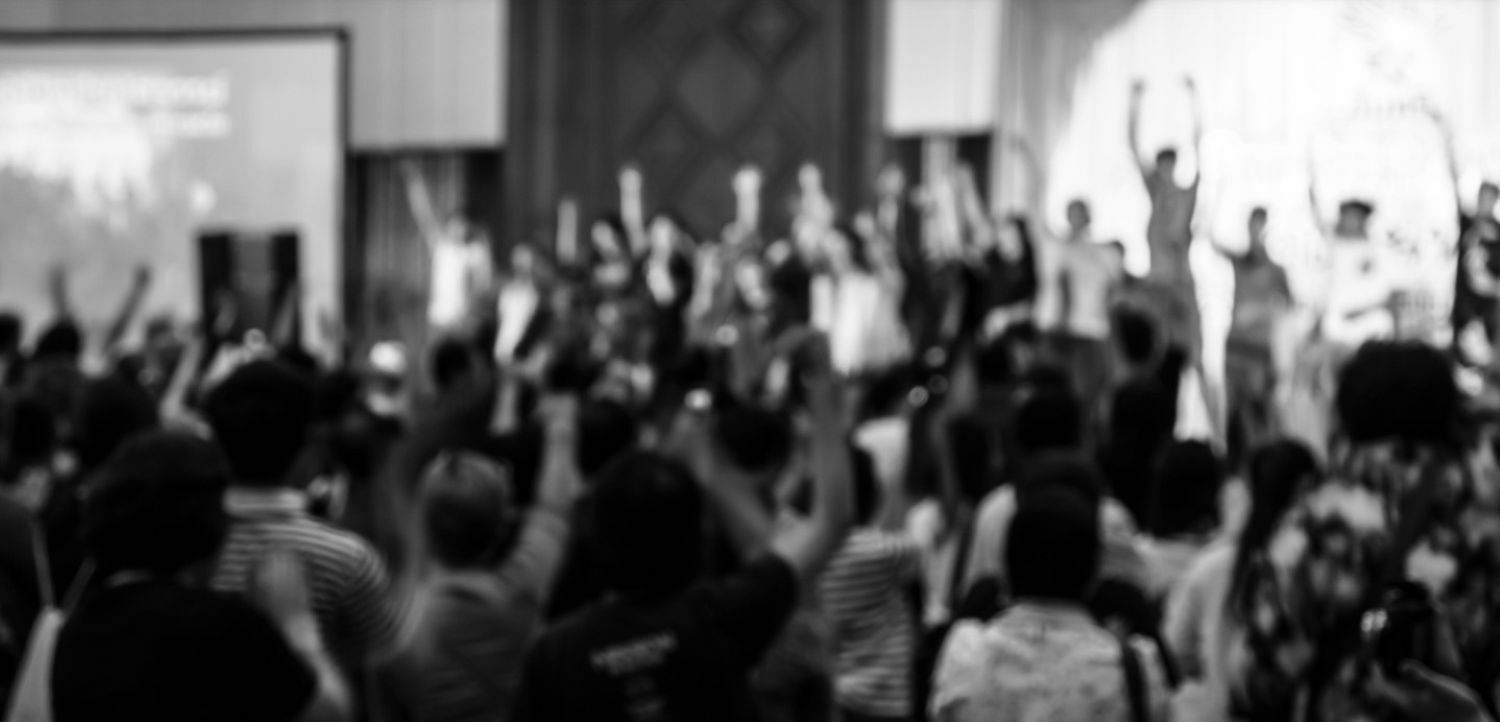The Charlie Effect

In the days following Kirk's murder, expressions of grief and solidarity poured in from around the world.
"We are Charlie Kirk!" chanted marchers in the South Korean capital city of Seoul on Sept. 13.
That same day, protesters paid tribute to Kirk at a "Unite the Kingdom" rally in London.
Meanwhile, online, countless mourners opened up about the profound sense of loss they felt over the death of a man they'd never met.
"Is anyone else struggling to understand why Charlie Kirk’s death feels heavier than so many other tragedies?" content creator Mike Mac posted on X. "I can’t explain why it’s hitting me this hard."
Others echoed his bewilderment, with some describing their sorrow as akin to that of losing a family member.
"I'm a 40-year-old man and was crying in my truck today before I clocked in to work," one user wrote. "I feel like I lost a brother. It's crazy."
As similar messages flooded social media from around the world, a theory emerged. What if the pain so many were feeling wasn't merely emotional but spiritual?
"'The flesh didn’t know him, but the soul did,'" one woman wrote, quoting a statement she had read elsewhere. "That hit me so hard. I feel this on every level. We are in another spiritual awakening."
By the following Sunday, that much was clear. Around the country, pastors preached to pews packed with searching souls and baptized throngs of born-again believers. As news of the phenomenon spread, people began calling it "the Charlie effect."
"Charlie Kirk is the main reason for me finding my faith again," Gavin Biggs of Strongsville, Ohio, shared in a video posted to TikTok.
Biggs said he'd gone 10 years without setting foot inside a church or saying a single prayer, but on the day of Kirk's shooting, that changed.
"I opened the Bible. I asked God, 'Please take me instead,'" Biggs said. "Because we needed Charlie. We needed him, and I don't know who's going to take his place."
The Unchurched Re-Kirked
Andrew Kolvet, executive producer of the Charlie Kirk Show, said at Kirk's memorial service that he had come to believe his friend was not merely a political organizer but a prophet.
"He confronted evil and proclaimed the truth and called us to repent and be saved," Kolvet said. "He was kind, and he was loving—and you could hear in his voice that he desperately wanted the best for you and for all of us."
Other speakers compared him to Stephen, the first Christian martyr.
"Stephen was killed for speaking the truth about Christ, much like Charlie Kirk," podcaster Benny Johnson said.
The biblical martyr Stephen, though not a prophet, was a gifted speaker and debater in the early church. He was stoned to death after sharing the gospel before the Sanhedrin, the Jewish rabbinical court, but his debates with several groups of Jews were what prompted his arrest. His opponents "could not withstand the wisdom and the Spirit with which he was speaking" and stirred up unrest against him.
Kirk, another skilled debater and Christian apologist whose name means "church," appears to have been gunned down for his effectiveness. The similarities are impossible to ignore.
"After Stephen's martyrdom, Christianity spread throughout the known world," Johnson noted. "The power of martyrdom: This is how God and Christ always advances his kingdom, and he's doing it right now with Charlie Kirk."
Indeed, even the time of Kirk's shooting, 12:23 p.m. local time, suggests a higher plan.
John 12:23-24 states: "And Jesus answered them, 'The hour has come for the Son of Man to be glorified. Truly, truly, I say to you, unless a grain of wheat falls into the earth and dies, it remains alone; but if it dies, it bears much fruit."
Kirk's death has already yielded much fruit, as evidenced by the multitudes now coming to Christ. Although the world has lost one powerful defender of the faith, it has gained thousands, perhaps millions more who will now take up the torch and carry it forth for generations to come.
Source: Restoration News